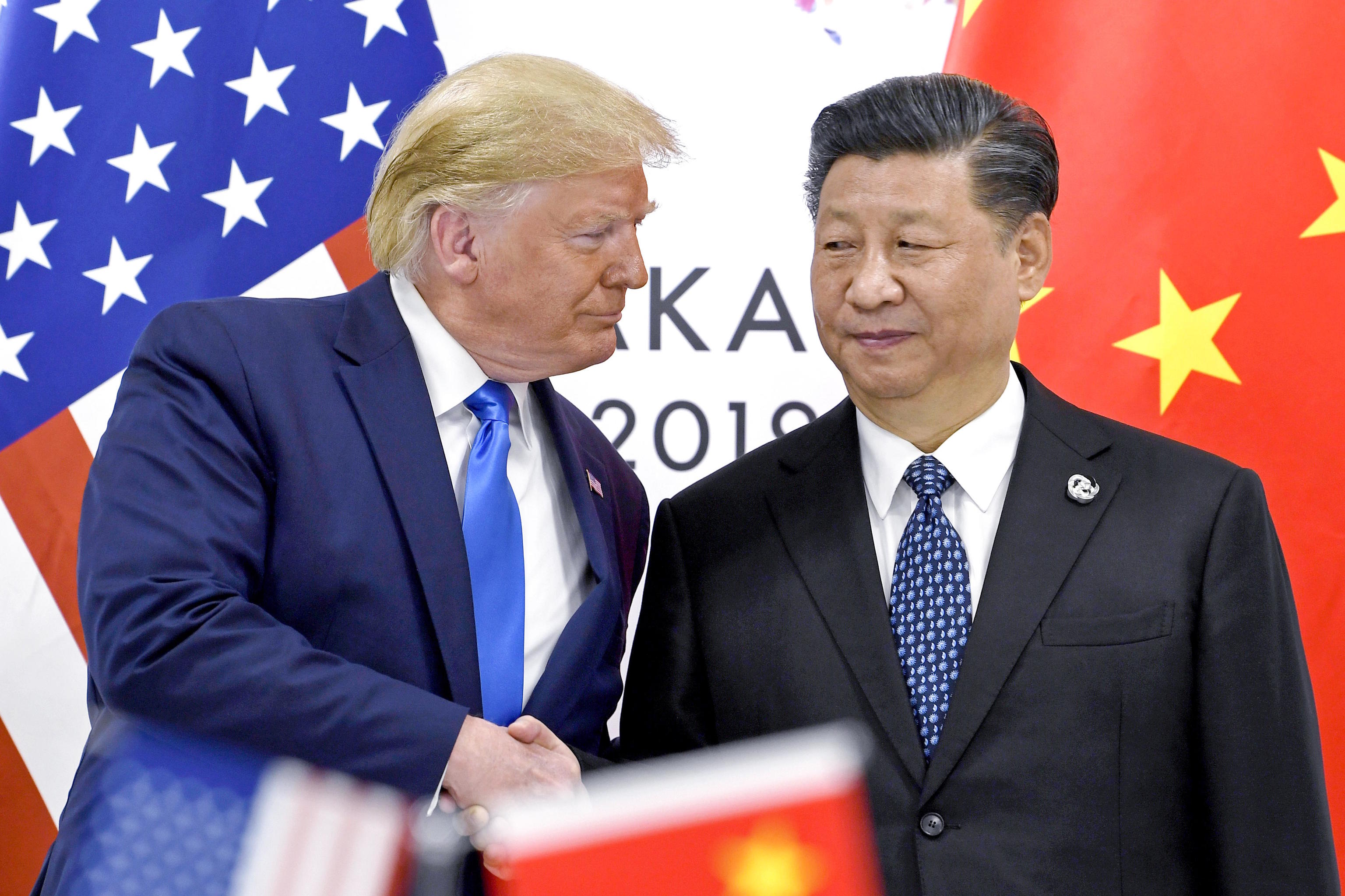The trade war unleashed by U.S. President Donald Trump resulted in a tough exchange of tariff blows between the world's two largest economies. China held its ground against U.S. attacks, in part, due to its strong hand in negotiations: the dominance of the highly demanded rare earths.
Washington imposed tariffs, and Beijing responded in kind along with restrictions on the exports of critical minerals and rare earths, essential for manufacturing magnets that power essential technological goods such as wind turbines, medical devices, electric vehicles, and many more technologies for both civilian and military use.
Negotiations in recent months between the two superpowers seemed to have eased tensions with the extension of the trade truce reached last May and with China opening export licenses for its sought-after minerals.
Therefore, it was surprising when this Thursday the Asian giant announced that it was tightening its export controls on crucial elements for the manufacturing of many high-tech products.
The Ministry of Commerce detailed that it is expanding restrictions to processing technologies (related to mining, smelting, and separation of rare earths, as well as assembly, debugging, maintenance, repair, and modernization of production lines), particularly limiting access for foreign companies to items known as dual-use, those that can be used for both civilian and military purposes.
This last point is controversial because, since Russia launched a large-scale invasion of Ukraine in 2022, Western powers have accused China of supplying dual-use items to companies in Vladimir Putin's regime that Moscow used to fuel its war machinery. Beijing has always denied this.
The Thursday announcement of tightening restrictions by China, after rare earth shipments have been steadily increasing in recent months, could indicate another pressure tactic towards the U.S., considering that at the end of this month, Chinese President Xi Jinping will have his first face-to-face meeting with Trump at a regional summit in South Korea.
"Technology used to extract and process rare earths, or to manufacture magnets from rare earths, can only be exported with government permission," the note released by the Chinese Ministry of Commerce states.
Many of these technologies were already restricted under an export control list, but Chinese authorities have now mainly tightened the licensing process for exporting equipment used to manufacture rare earth magnets, especially targeting companies in the defense or semiconductor industry. "No licenses will be granted to foreign defense users, while applications related to advanced chips will only be approved on a case-by-case basis," they detail.
China dominates the global supply of many critical minerals and has almost a monopoly on heavy rare earth processing (the group of 17 metals abundant on Earth's surface). According to a report by the International Energy Agency, the Asian country accounts for 92% of the world's refined rare earth production.
In April, Beijing tightened export controls (specifically targeting seven critical minerals) after Trump announced his 'Liberation Day' tariffs. Chinese exports of rare earth magnets slowed down as trade tensions escalated, causing significant concern among Western manufacturers.
